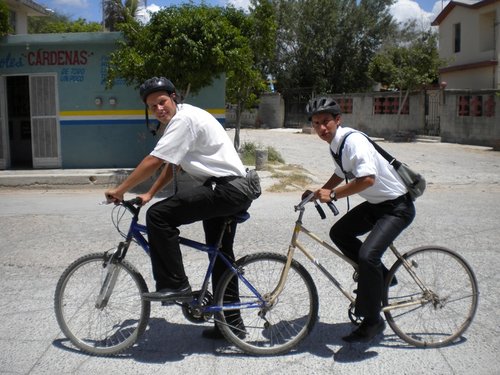mkmatheson
New member
It's finally happened. I know some on this forum are already hostile to my home and I don't think this will help much.
http://www.sltrib.com/news/4952414-155/outdoor-retailer-is-leaving-utah-over
http://www.sltrib.com/news/4952414-155/outdoor-retailer-is-leaving-utah-over





